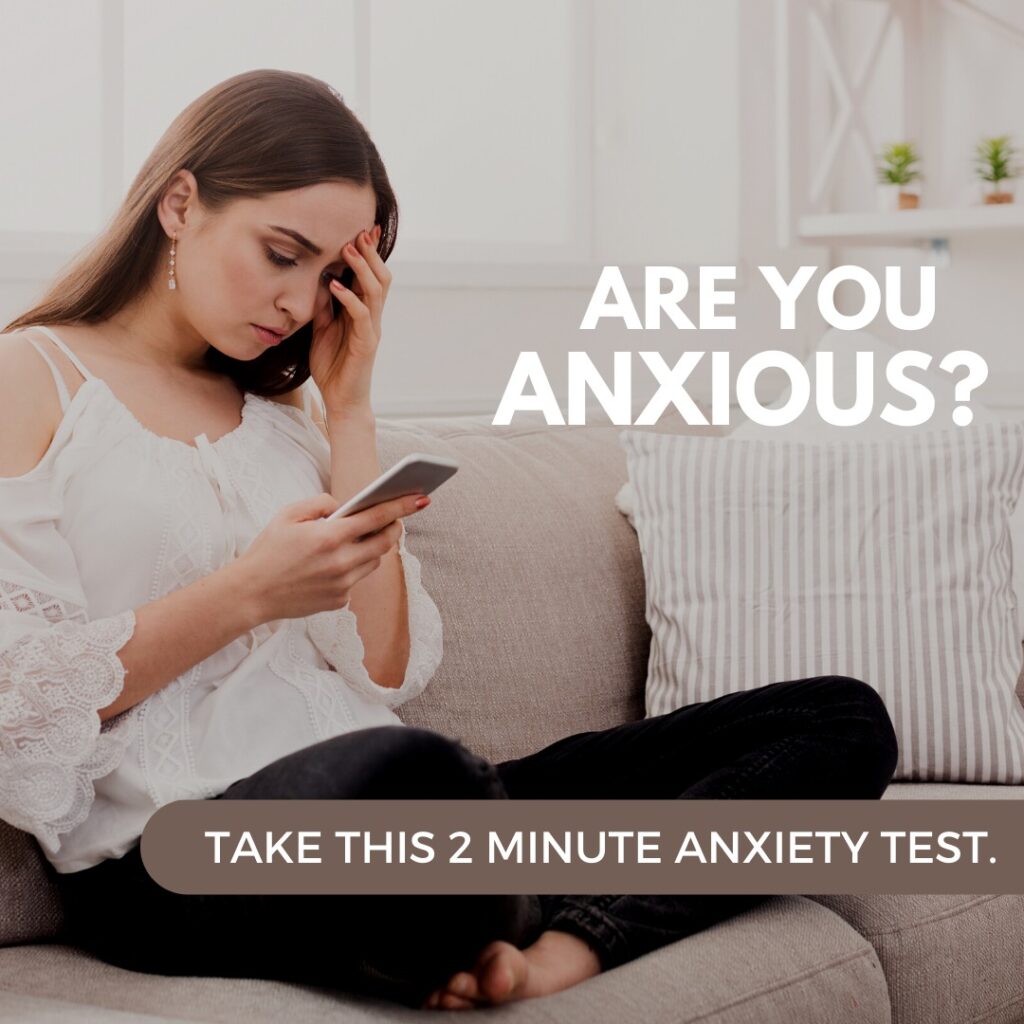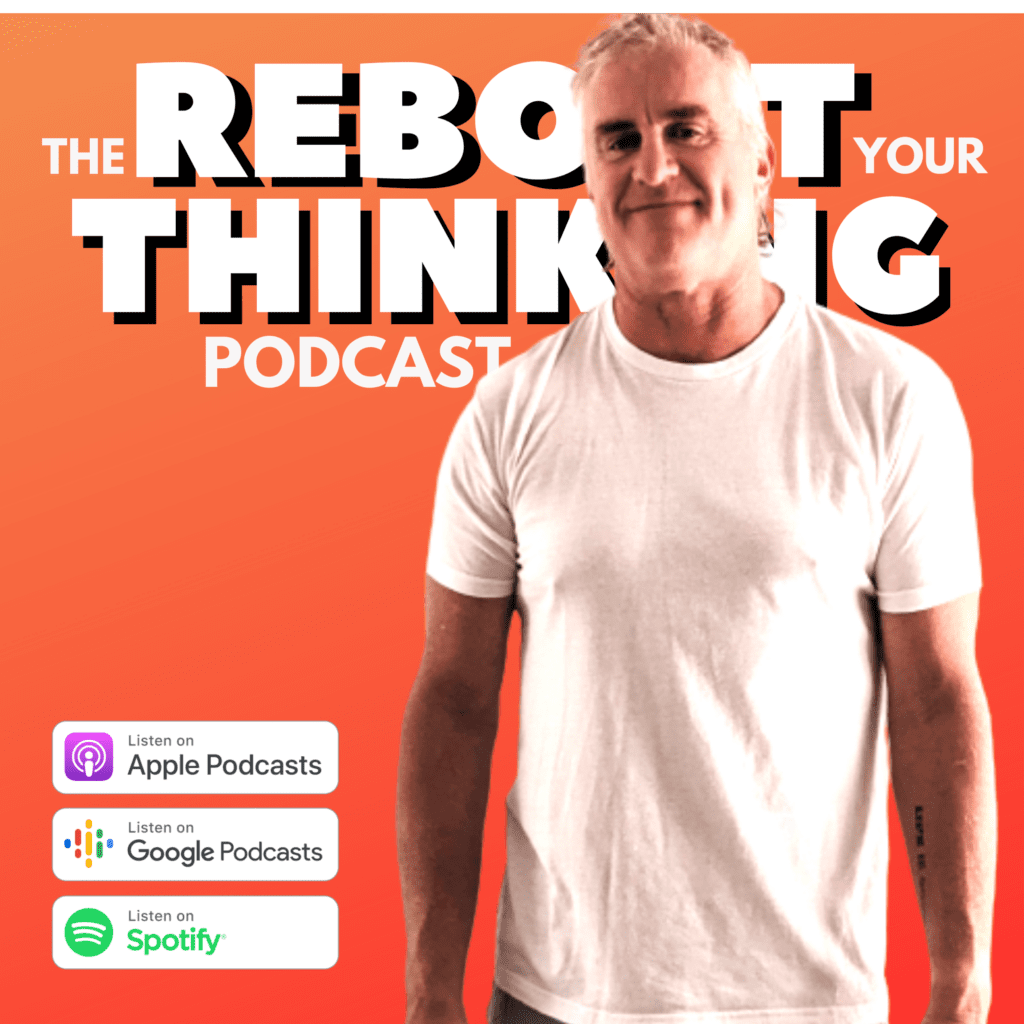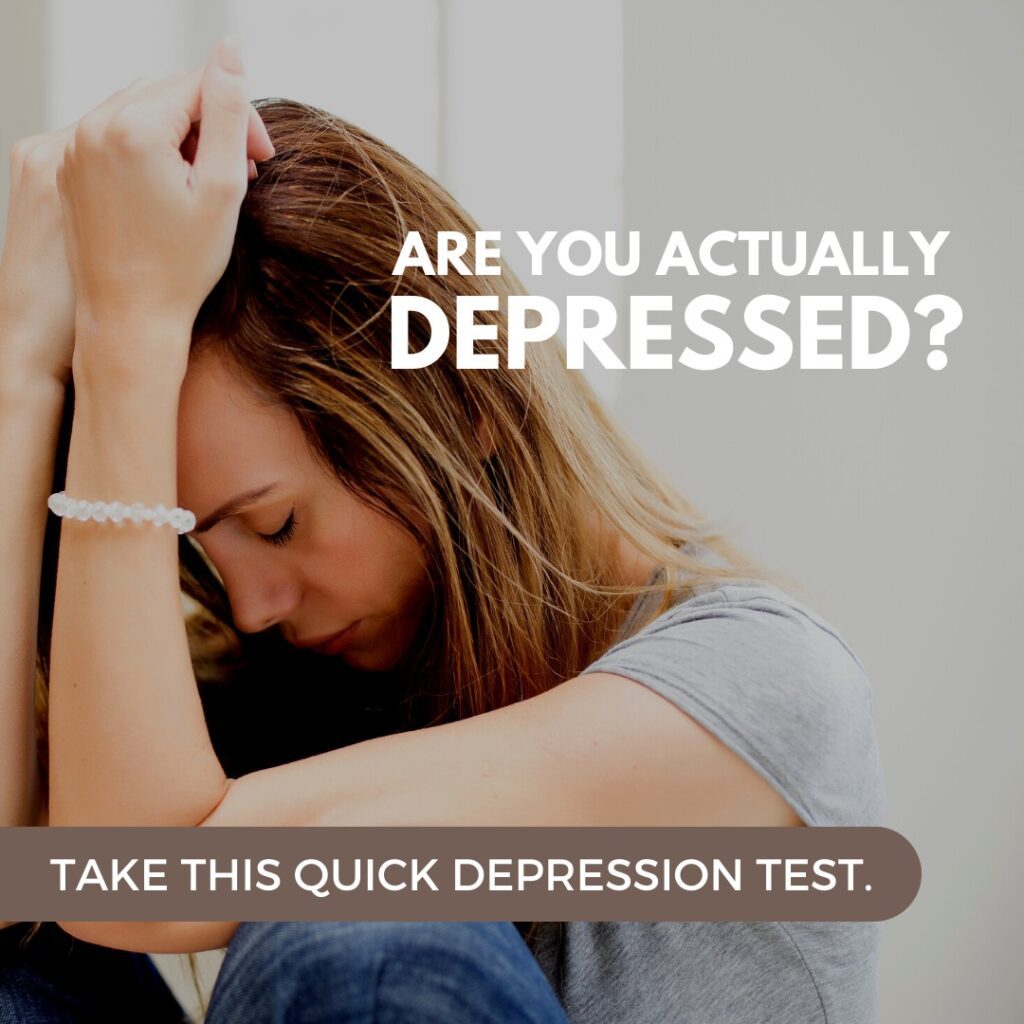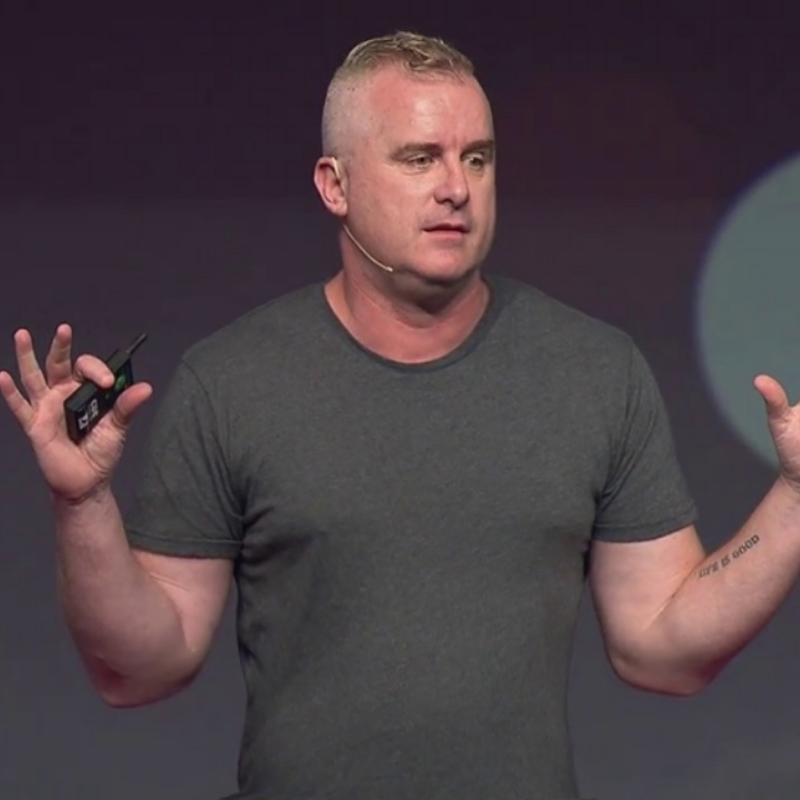It’s kind of amazing that something that must have been a terrifying discovery back a long time ago when someone accidentally ate the wrong kind of mushroom at the wrong time of the year and then found themselves flying on a magic carpet through a kaleidoscopic world inhabited by Smurfs and pterodactyls and singing songs by Aqua with George Harrison and Martin Luther King Jr, has now become one of the front-runners in our battle to defeat depression and mood disorders.
The magic in magic mushrooms
A recent study (Carhart-Harris, et al., 2021) has found that two doses of psilocybin (the ‘magic’ ingredient in magic mushrooms) was just as effective as one of the most common antidepressants on the market today in treating moderate to severe major depressive disorder.
Lead author of the study, Dr. Robin Carhart-Harris said, “With a psychedelic it is more about a release of thought and feeling that, when guided with psychotherapy, produces positive outcomes,” he said, adding participants given psilocybin had often reported feeling they had got more fully to the root of why they were depressed.”
Mushrooms in combination therapy
But before you go out and hunt down some magic mushies, the psilocybin was only found to be effective when used in combination with psychological therapy, not just on its own. “That would be an error of judgment,” Carhart-Harris said, “We strongly believe that the … psychotherapy component is as important as the drug action.” (Davis, 2021).
And it’s not just that one study suggesting the therapeutic effects of psilocybin.
Another study published in 2020 (Davis et al, 2020) showed that psilocybin resulted in big drops in the symptoms of depression. And another (Johnson & Griffiths, 2017) showed that there is not only valid and powerful therapeutic effects of psilocybin when it comes to depression, but there is also a lack of severe drug-related adverse reactions.
So why isn’t psilocybin being used extensively by now?
One simple reason: the studies into its efficacy, even though they are all fairly conclusive, have mostly been relatively small in size, and the participants haven’t been particularly culturally diverse.
[wpdiscuz-feedback id=”n0h0x7yy3m” question=”Is it just me? Or am I being a bit cynical here?” opened=”0″]That, and a more cynical person than me might also suggest that already well-established players in the mental health pharmacology world are much better resourced and researched than anyone currently interested in magic mushrooms research.[/wpdiscuz-feedback]
But it’s clear now, based on the more legitimate studies being published in more legitimate scientific journals, that this movement isn’t going away, and is only gaining momentum now.
Will we see magic mushrooms being dispensed in pharmacies for patients for depression in the next few years?
Photo by Presetbase Lightroom Presets on Unsplash
References and Further Reading:
Carhart-Harris, R., Giribaldi, B., Watts, R., Baker-Jones, M., Murphy-Beiner, A., Murphy, R., Martell, J., Blemings, M., Erritzoe, D. and Nutt, D. (2021). Trial of Psilocybin versus Escitalopram for Depression. The New England Journal of Medicine, 384, 1402-1411.
Davis A., Barrett F., May D., Cosimano, M., Sepeda, N., Johnson, M., Finan, P., Griffiths, R. (2020). Effects of Psilocybin-Assisted Therapy on Major Depressive Disorder: A Randomized Clinical Trial. JAMA Psychiatry.
Davis, N. (2021, April 15). Magic mushrooms show promise in treatment for depression, study says. The Guardian.
Goldberg, S. B., Pace, B. T., Nicholas, C. R., Raison, C. L., & Hutson, P. R. (2020). The experimental effects of psilocybin on symptoms of anxiety and depression: A meta-analysis. Psychiatry Research, 284, N.PAG.
Jann, M. W. (2021). Psilocybin Revisited: The Science Behind the Drug and Its Surprising Therapeutic Potential. Psychiatric Times, 38(3), 39–43.
Johnson, M. & Griffiths, R. (2017). Potential Therapeutic Effects of Psilocybin. Neurotherapeutics, 14(3), 734.740.
Meikle, S. E., Liknaitzky, P., Rossell, S. L., Ross, M., Strauss, N., Thomas, N., Murray, G., Williams, M., & Castle, D. J. (2020). Psilocybin-assisted therapy for depression: How do we advance the field? Australian & New Zealand Journal of Psychiatry, 54(3), 225–231.
Sanders, L. (2020). Psilocybin may help treat depression. Science News, 198(11), 6.


















2 Responses
I love mushies. Never thought of them in this way though
I love the science coming out about the power of psilocybin now. Thanks for the comment.